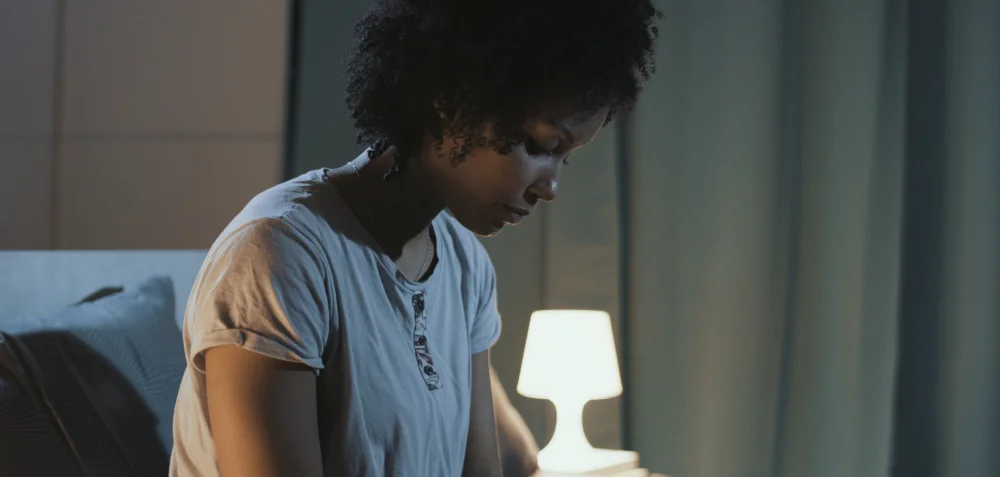
Out in KwaZulu-Natal, and further into the Eastern Cape’s quieter stretches, there’s a rhythm to things that doesn’t get much airtime. You won’t see it on a billboard or splashed across social media reels. It’s not about the latest phone drop or rugby final. It’s quieter than that. If you look close, you’ll spot it inside those tucked-away gaming lounges, in township taverns, or even just through a front door left slightly ajar, a screen glowing faintly, a grandmother’s hand steady on the buttons of an Electronic Bingo Terminal.
For years, EBTs have been part of South Africa’s gaming landscape, but lately, something has shifted. It’s not just about young folks trying their luck anymore. It’s the matriarchs, those steady, familiar faces that hold families together, who’ve quietly folded gaming into their routines.
You’d think it’s just for fun. A little mid-week thrill. But in truth, it’s woven into something bigger. Grandmothers aren’t chasing jackpots out of wild hope. They’re balancing real things, bread, school fees, funeral plans. Where younger people see a game, these women see another small lever in a world that doesn’t always hand out many.
In the middle of Empangeni, on an ordinary Thursday afternoon, there’s a community hall where this comes to life. Inside, there’s that hum of conversation, the soft clicks of machines, and that one unmistakable sound of shared laughter, sharp and knowing. I watched a woman called Gogo Thembeka, head wrapped in green fabric, eyes focused but relaxed as she played. When I asked her why she came every week, she shrugged and said, “Not for money. For people. It’s lonely at home.”
That’s the thing, it’s not really about the wins. Sure, a small payout now and then helps. A R50 score means milk and bread, maybe a bus fare for a grandchild. But mostly, it’s about not sitting at home in silence. About having a reason to get dressed, leave the house, talk to friends. In Durban North, one of the managers at a local gaming lounge told me flat out, “Our busiest times are weekday afternoons. Not young guys, grandmothers. They know what they’re doing too. They set limits. Some even write it down in little notebooks.”
That notebook thing stuck with me. It says everything. This isn’t reckless betting. It’s deliberate. Thought-out. Many of these women lived through times when things weren’t stable, food prices jumping, pensions stretched thin, kids moving away for work. They know how to hold onto what they have, and if they lose a little now and then, it’s on their terms.
And there’s a shift happening on phones, too. It’s not just in lounges. More grandmothers are getting their grandkids to help load apps, set up mobile bingo games, or simple digital slots. They’ll buy R10 or R20 airtime, play for a few minutes, close it down. Same measured pace. Same self-control. It’s the kind of image that sticks with you, a beadwork necklace hanging beside a smartphone, a prayer book and a bingo app on the same table. That blend of old and new, township grit mixed with quiet digital rhythm.
 Of course, there’s always the other side to the story. Gaming, for all its joy and lightness, can go too far. And community leaders are aware of that. Some church groups and women’s forums make a point of talking about responsible play, making sure it stays a social thing, not a problem. But that’s part of life in South Africa, isn’t it? Balancing hustle with care.
Of course, there’s always the other side to the story. Gaming, for all its joy and lightness, can go too far. And community leaders are aware of that. Some church groups and women’s forums make a point of talking about responsible play, making sure it stays a social thing, not a problem. But that’s part of life in South Africa, isn’t it? Balancing hustle with care.
I spoke with a local pastor in KwaMashu about it. His take was honest, “Better Gogo spends R100 playing bingo, having her time, than someone trying to take it from her pocket.” Maybe that’s overly blunt, but it makes a point. In places where formal jobs are scarce and pensions stretch thin, a little controlled gaming isn’t seen as waste, it’s seen as choice. Even brands like Goldrush Casino have started quietly acknowledging this, making sure their setups work for these older players, whether it’s simplified apps or accessible in-person terminals. It’s about trust, not flash.
At the end of the day, though, what makes this all feel different is how ordinary it feels once you see it. It’s just part of the rhythm now. Like stokvel groups, like funeral policies, like standing in line at the shop on pension day. Quiet. Reliable. There’s no big jackpot story waiting at the end, just the simple thing of having a few minutes in your own hands.
I think about Thembeka again. Her hands moving across that machine, slow and sure. Next to her, a friend with a grandchild asleep on her lap, screen flickering softly. It’s not about winning or losing. It’s about that exact moment. A little pocket of peace in the middle of everything else. A kind of quiet agency.
That’s the story, really. It’s not flashy. It’s not wild. But it’s there, and it matters. A township grandmother, a handful of bingo machines, and a reminder that even in small things, people carve out their own space, their own time, their own rhythm.






